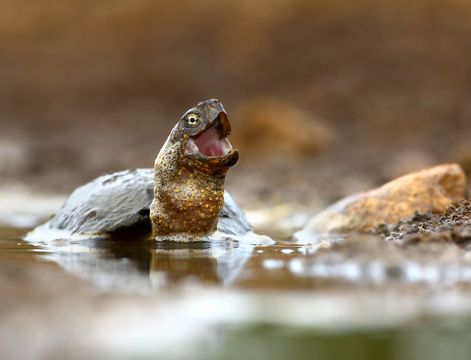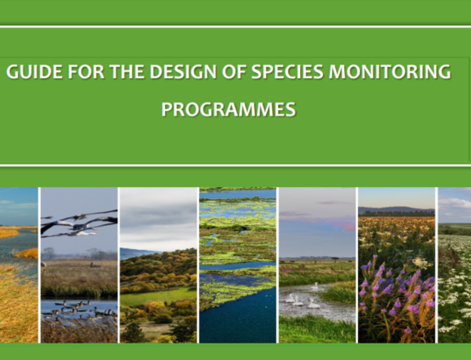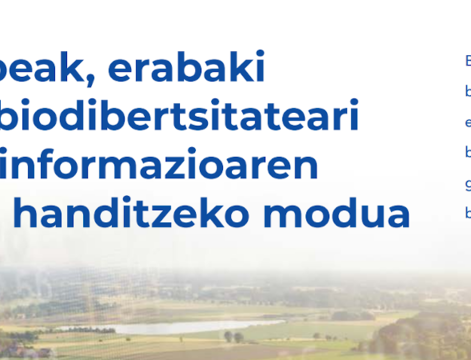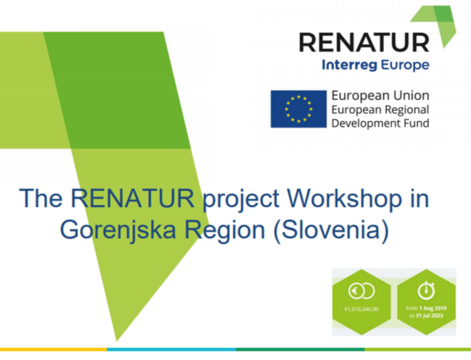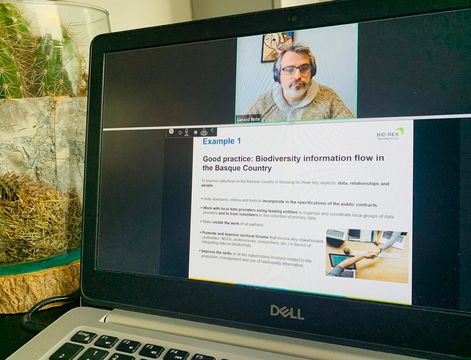The BID-REX UK-Norfolk partners held a workshop in Kings Lynn with local stakeholders on 15th January 2018 to improve flows of biodiversity data.
The workshop was attended by a wide range of stakeholders, including representatives from multiple conservation NGO's, primarily with responsibilities for managing Norfolk conservation and green infrastructure/recreational coastal sites. The workshop explored ways in which species data can be used to better assess the condition and management of green infrastructure and N2K sites, and how using this data can better inform future management approaches. A key aspect of the workshop was to better understand the biodiversity data information needs, uses and flows to and from end users (including site and regional conservation managers).
Prior to the workshop, an online survey was sent to biodiversity land managers to capture details of their management decisions, the species data available to them and what data facilities (type, nature, flow etc.) would be useful to them.
The workshop itself opened with a talk from Martin Horlock (NCC) to introduce BID-REX and its aims.
Paul Dolman then demonstrated the UEA Biodiversity Audit approach. Discussion of the Biodiversity Audit approach emphasised how this can be used to both simplify and optimise conservation management guidance to support larger numbers of priority taxa.
John Webb (Natural England) then demonstrated the Natural England PANTHEON system. Discussion of this considered the functionality of the platform, particularly the site or assemblage quality metrics and trait (including habitat and microhabitat association) outputs.
Subsequent discussion focused on the current availability of biodiversity information for stakeholders, the current basis of stakeholder decisions and suggestions for additions or alternatives to the presented information systems.



